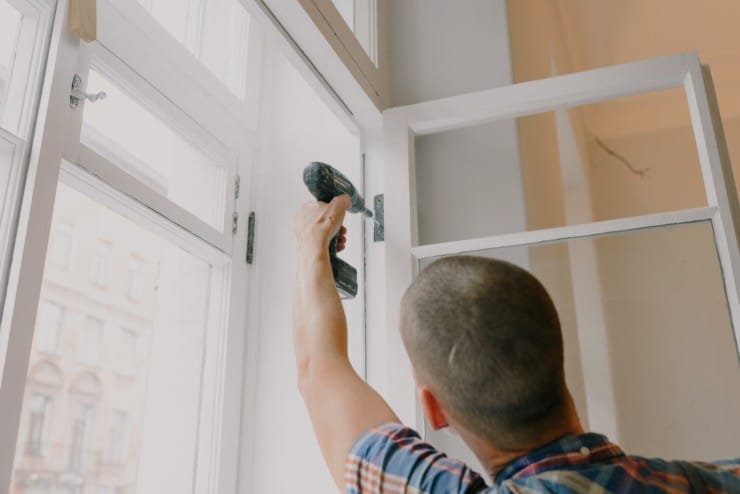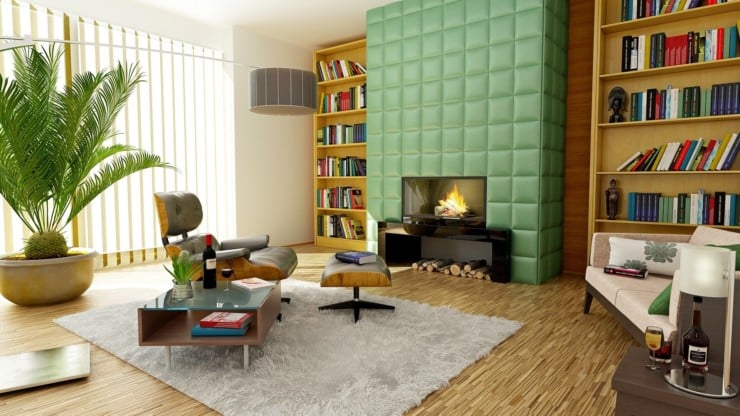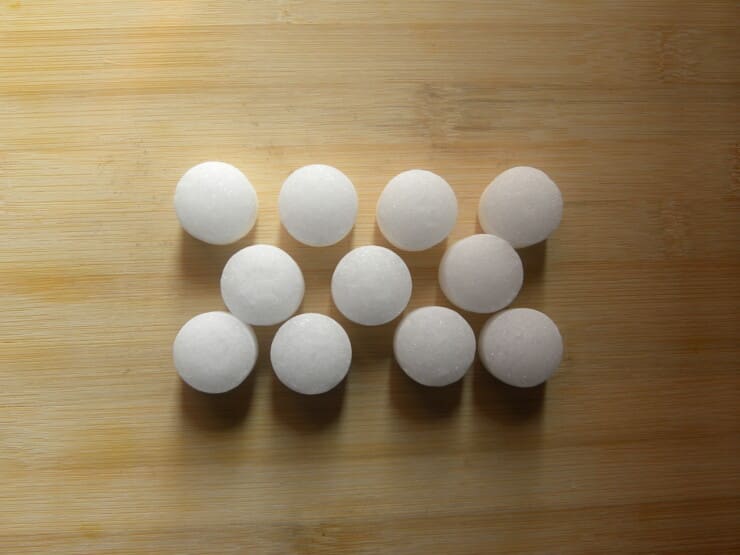Laminated Glass vs. Acrylic Soundproofing: Which Is Better?
The reality is, our world can be quite loud. Whether it’s the bustle of city traffic or the annoyance of loud neighbors, we are frequently bombarded with undesired noise that interferes with our daily lives and robs us of our serenity.
Fortunately, there are ways you can soundproof your property, so you don’t have to listen in on what everyone else is doing all day long.
Among these ways, laminated glass and acrylic soundproofing are two of the most popular options. But which one is better for you?
Which One Should You Choose Between Laminated Glass and Acrylic Soundproofing?

Considering the similarities and differences between laminated glass vs. acrylic soundproofing, the best option for you depends on your specific needs and budget.
If you are looking for an affordable, lightweight solution effective at blocking high-frequency sounds, then acrylic panels may be the right choice for you.
However, if you are looking for a more durable and heavyweight option that reduces noise transmission, then laminated glass is the better option.
What is Laminated Glass?
Laminated glass soundproofing involves using a layer of acoustic vinyl to reduce noise transmission between rooms. It comprises two or more annealed glass panes with a vinyl interlayer.
The vinyl layer helps absorb sound waves, preventing them from passing through the glass and disrupting your peace of mind.
What is Acrylic Soundproofing?
Acrylic soundproofing, also known as acrylic panels, is insulation made from polymethyl methacrylate (PMMA) or Plexiglas.
It is a popular choice for soundproofing because it is strong and lightweight, making it easy to install.
Acrylic panels or sheets can be placed on top of windows, walls, and doors to help reduce noise levels in your home or office building.
Comparing the Variables

When comparing laminated glass vs. acrylic soundproofing, it is important to consider the following factors:
- Cost – Laminated glass typically costs less than acrylic panels for soundproofing. Acrylic panels are generally more expensive because they require additional materials and labor hours during installation.
- Weight – Laminated glass is heavier than acrylic panels, thanks to its thicker layers. This makes it a better option for soundproofing large areas. Acrylic panels are lightweight and easy to transport, ideal for smaller spaces.
- Appearance – Laminated glass is typically transparent with a slight green tint, while acrylic panels are clear. Both options offer an unobstructed view, but laminated glass may look more attractive if you are concerned about aesthetics.
- Durability – Laminated glass is more durable than acrylic panels because it can withstand high temperatures without cracking or shattering. Acrylic panels may break when exposed to extreme heat sources such as stoves and fireplaces.
- Noise reduction – Both options effectively reduce noise levels by up to 70%, but laminated glass is better than acrylic panels for blocking high-frequency sounds such as voices and music.
- Installation – Laminated glass is designed to be installed in windows or doors. You can also use it on walls with the help of a frame, but this requires additional materials and labor hours during installation. Acrylic panels are easier to install because they do not require any framing for support.
- Maintenance – Both laminated glass and acrylic panels require minimal maintenance, but the former needs cleaning more often than the latter. Laminated glass requires regular cleaning to keep its appearance looking new and clear. Otherwise, dirt can build up over time that will cause it to look cloudy or dull.
- Safety – Both laminated glass and acrylic panels are safe for use around children because they do not contain any toxic chemicals or materials. Laminated glass is safer because it is less likely to shatter during impact than acrylic panels, which may break easily when dropped on hard surfaces such as concrete floors.
FAQs
How thick does acrylic need to be for effective soundproofing?
While there is no definitive answer, most manufacturers recommend at least 0.75 inches of thickness for acoustic panels made from acrylic. This will help to reduce noise levels by up to 70%.
Does laminated glass offer the same level of noise reduction as acrylic?
Laminated glass offers a higher level of noise reduction than acrylic panels, with reductions of up to 70% as opposed to acrylic’s 50-60%.
This is because laminated glass is thicker and more durable than acrylic
Can I install acrylic panels myself?
Yes, acrylic panels are easy to install without special tools or training.
They can be attached directly to walls or windows with adhesive or screws, and you can easily cut them to fit any size or shape you need.
Can I use laminated glass in my home?
Laminated glass is typically used for commercial applications such as offices and schools because it offers the highest levels of noise reduction at a lower price point than other options like double-glazed units (DGU).
However, if you are looking for a more durable and heavyweight option that is better at reducing noise transmission, then laminated glass may be the right choice for your home.
Why is laminated glass more expensive than acrylic?
Laminated glass is heavier and more durable than acrylic, so it costs more to produce. It also requires additional framing for support, which further drives the cost.
However, because it offers better noise reduction properties, laminated glass is often a wiser investment in the long run.
Final Thoughts
No matter which option you choose, soundproofing your property can help you achieve a more peaceful and productive lifestyle.
Whether you are trying to get some peace at home or reduce noise distractions in the office, soundproofing can help you achieve your goal.
These two modern soundproofing methods effectively reduce noise levels by up to 70%, but each one offers different features and benefits.
Soundproofing your home doesn’t have to be expensive, and it is definitely worth the investment if you are looking for a quieter environment.
Take your time researching the pros and cons of each option so that you can make an informed decision about which one is best for your specific needs.







